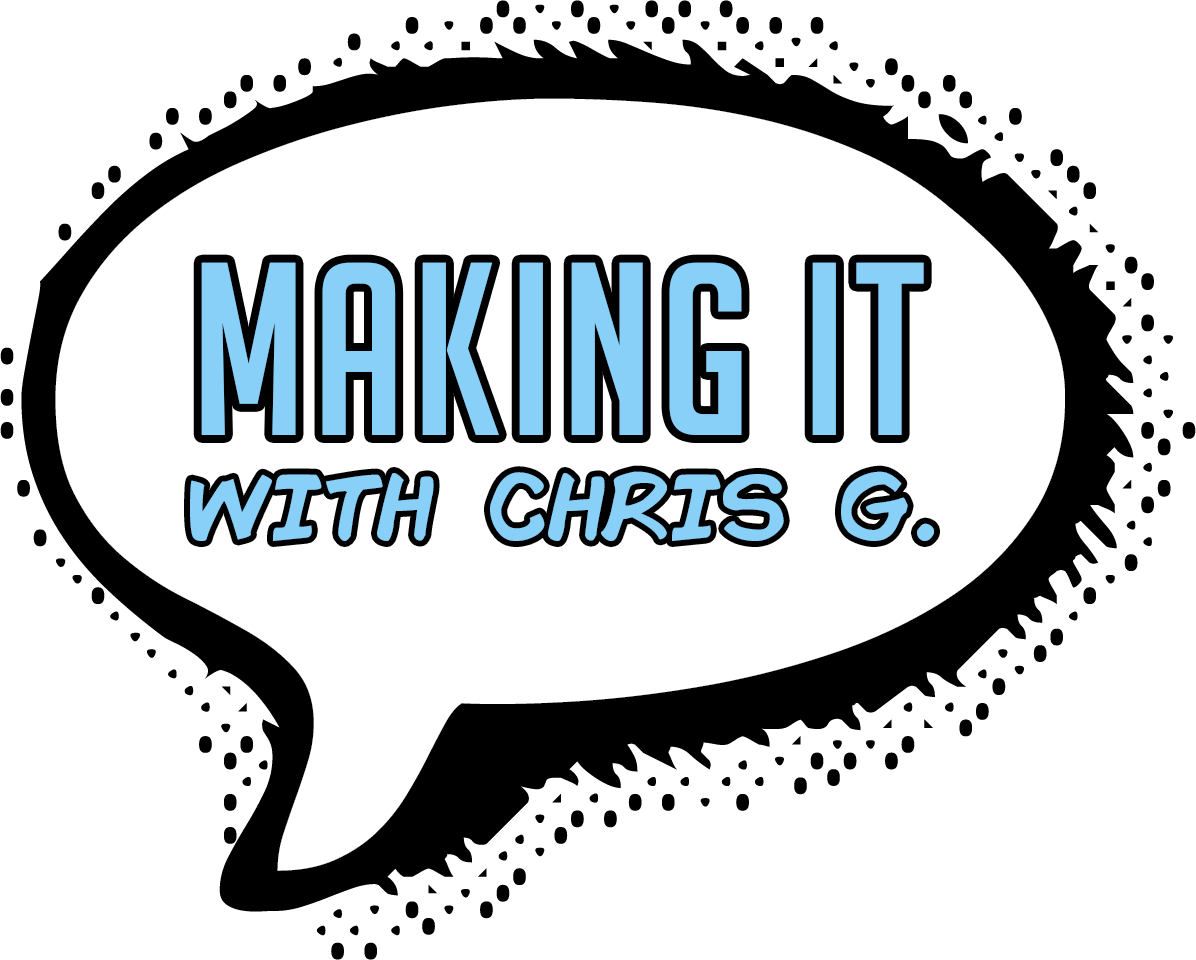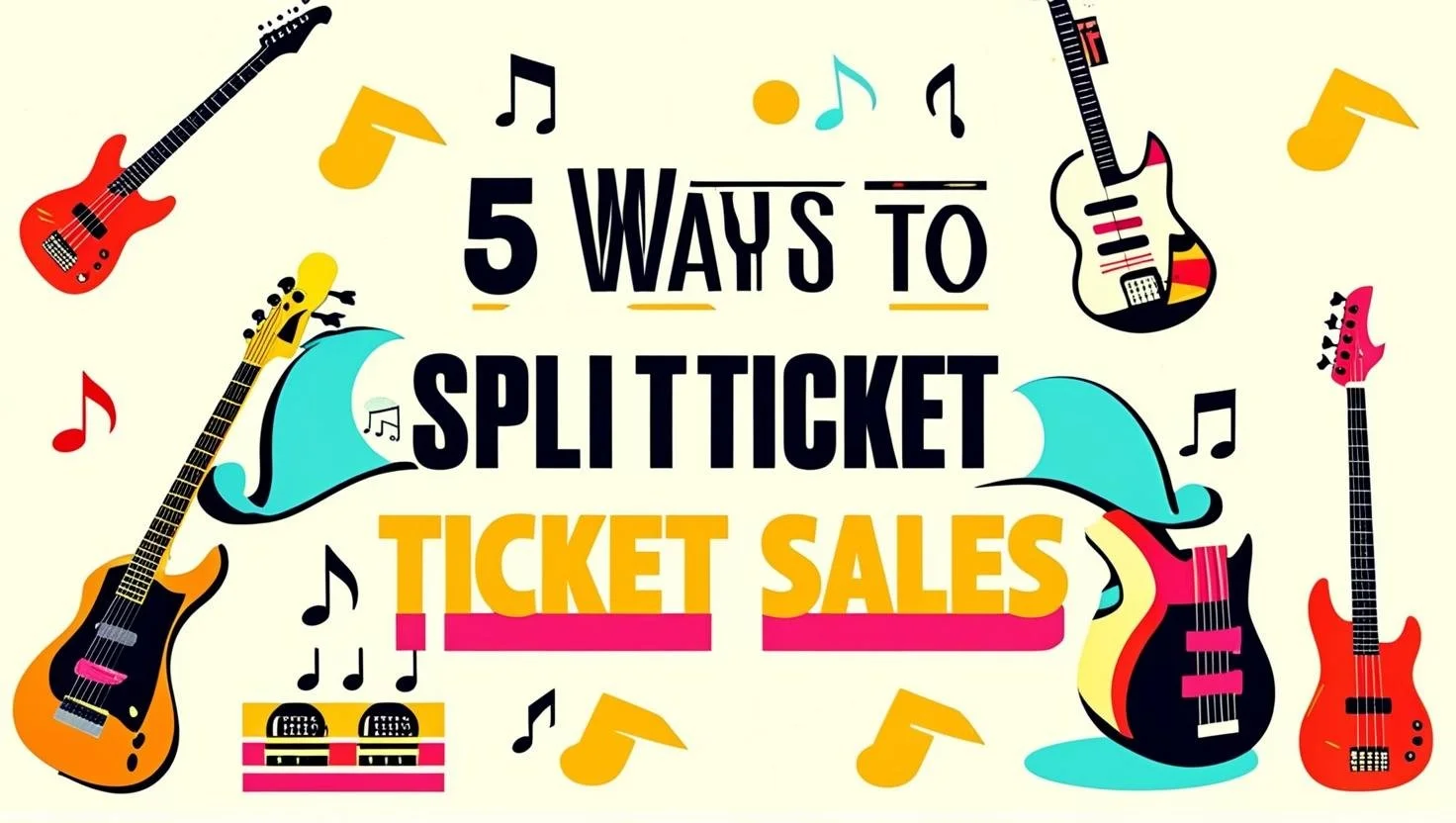How to Plan Your First Tour the Smart Way: A Guide for Emerging Artists
/Whether you're a college student studying music and entertainment or an independent artist dreaming of life on the road, planning your first tour is one of the most exciting, and riskiest steps in your career. Done right, it can open doors. Done wrong, and it can cost you valuable time, money, and momentum.
If you’re asking yourself whether you should even be touring yet, you’re already ahead of the game. Let’s break down how to tour smart, so you grow your fanbase and career instead of draining your energy and bank account.
🎤 Step 1: Should You Even Be Touring Yet?
Before you even think about booking shows, ask yourself one key question:
Can I draw at least 100–150 people in my hometown right now?
If not, touring is premature. Your local scene is your test market. If you can’t build demand there, it’s a sign that your songs, show, or brand needs more development. Focus on:
Writing better music
Sharpening your live performance
Building local buzz
Creating engaging online content
Focus on building a community first before jumping into national touring.
🌆 Step 2: Build 5–10 Markets — Not 50
The old-school grind of touring coast to coast no longer makes sense unless you're backed by major resources. Instead:
Start with 5 to 10 strategic cities.
Choose markets where:
You have personal connections (college, family, friends)
Your social media and streaming data show strong engagement
You can drive easily between cities
Your goal: sell 200+ tickets in these cities. That’s the magic number that grabs the attention of agents, managers, and promoters.
🎯 Tip: Use tools like Spotify for Artists and Chartmetric to identify your top cities.
🎟️ Step 3: Weekend Warrior Runs = Your First Touring Reps
Start with 3–4 show weekend runs every couple months. This helps you:
Gain touring experience
Work out logistics and chemistry
Avoid burnout and financial strain
Three weeks on the road is a great test to see if you’re cut out for this, and it’s long enough to build momentum without derailing your life or creative work.
When you’re ready, plan a 2- to 3-week regional tour focusing on your strongest cities. You’ll be able to route more efficiently and return home with lessons, and hopefully cash, instead of exhaustion.
📆 Step 4: Plan Your Tour 4–6 Months in Advance
Touring is a long game. Your first tour won’t come together in a few emails.
You’ll need:
1–2 months to book shows (venues are slammed with submissions)
3–4 months of promotion to build awareness and sell tickets
Venues prioritize acts with proven followings or representation first before they reply to emails from newer artists, especially if it’s their first time in the market. Be patient, professional, and persistent. Also, start with smaller venues first, and build up. Don’t jump to the next size venue unless you can fill at least 80-100% of the capacity of the venue you played before. And never play a venue unless you and the other artists on the show can sell at least 50% of the capacity of the venue.
📌 Pro tip: Use this time to gather press materials, prep your ads, and coordinate content around each tour stop.
💰 Step 5: Have a Marketing Budget, Or Don’t Tour
Don’t tour without a marketing budget. Period.
This is non-negotiable. You are not just an artist. If you’re trying to sell tickets and make money, you're a business. Successful businesses spend on marketing to grow.
Minimum: $250–$500 per city
Goal: Build awareness, sell tickets, and convert fans
Digital marketing is your friend, but it must be done right. Don’t just boost posts. Learn or hire someone to run proper campaigns across platforms like Meta Ads, YouTube, and TikTok.
📍 Step 6: Pick Your Tour Stops Based on Data and Strategy
Don’t throw darts at a map. Tour markets should be:
Close to home (cut travel costs)
Data-driven (Spotify, socials, email signups)
Familiar (existing fans, family, past success)
Think of your tour like a chess game, every move should support your growth.
🧠 Step 7: Tour to Learn, Not Just to Earn
Your first few tours won’t make you rich, but they can make you wise.
Use them to:
Build stamina and chemistry
Learn how to fix issues fast (gear, vehicle, communication)
Test setlists, merch, and marketing tactics
Develop professionalism
Develop marketing strategies and sell tickets
Learn what merch items are the most appealing to your target audience
Every challenge is a rehearsal for bigger stages.
If you can survive a few 3-week tours without killing your bandmates or blowing up your budget, you're probably cut out for this.
📈 Final Thought: Touring Is a Long Game, Play It Smart
Touring is not a shortcut to success. It’s a discipline. A journey. A test of your passion and persistence.
So remember:
✅ Start local
✅ Build 5–10 core markets
✅ Plan 4–6 months ahead
✅ Have a marketing budget
✅ Learn from every show
Most importantly, keep creating great music, refining your live show, and engaging your audience online and offline.
📣 What’s your biggest challenge when it comes to touring? Share it in the comments — let’s build together.
To learn more in depth, come join the Making It Academy on Patreon for live workshops and an archive of over 50 videos (and keep an eye out for our 1-year Concert Producer Program coming soon): https://www.patreon.com/c/makingitacademy.






